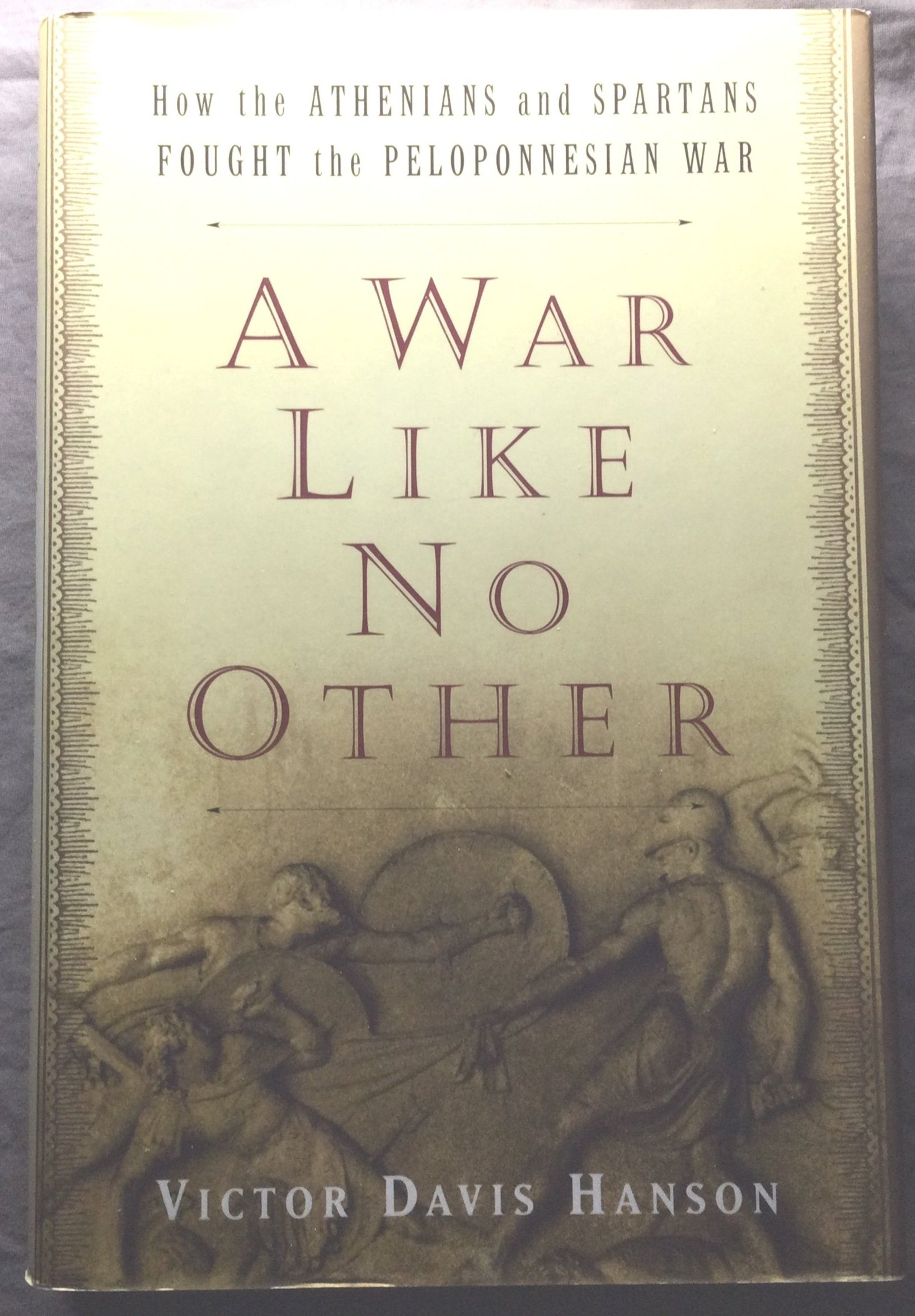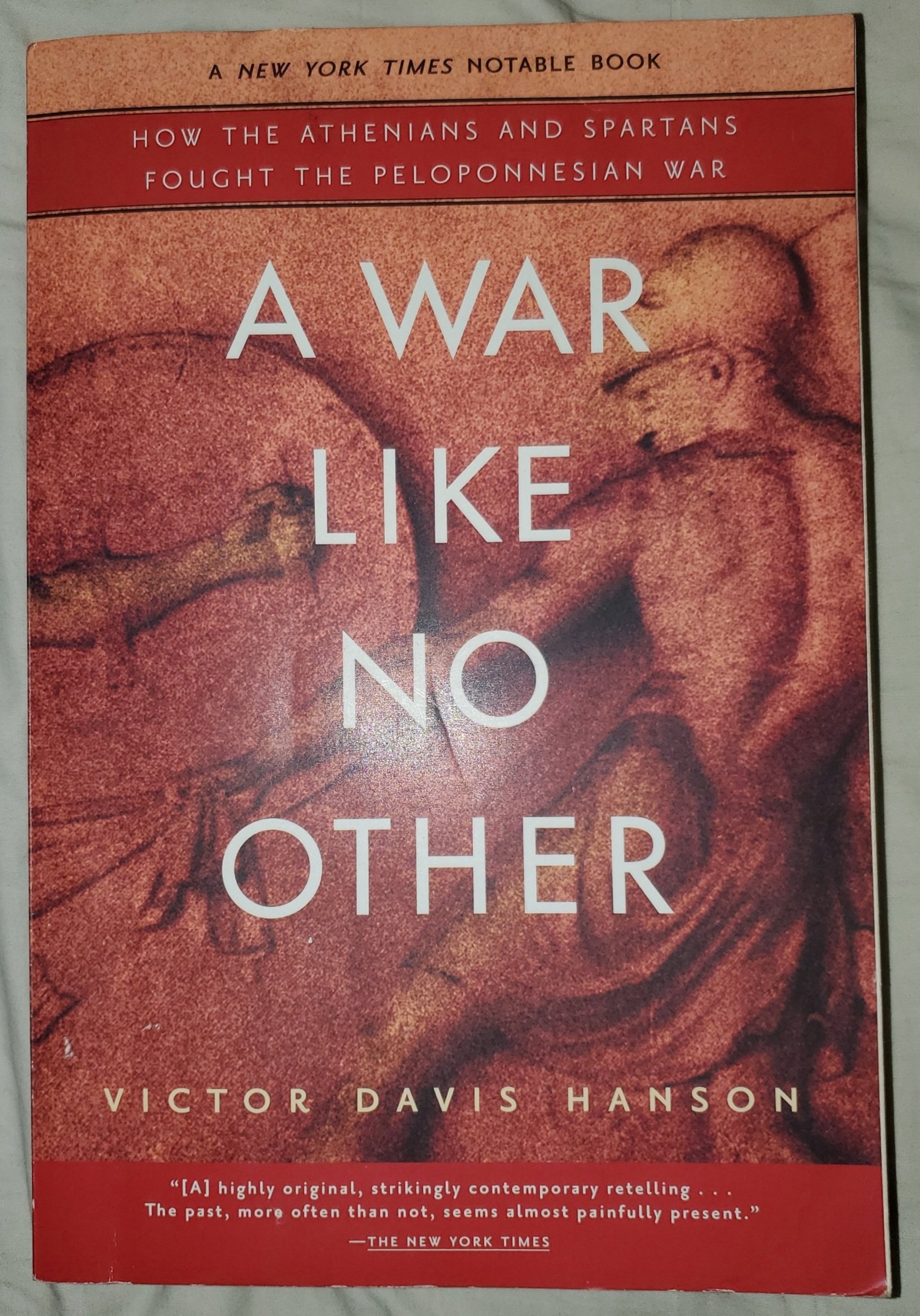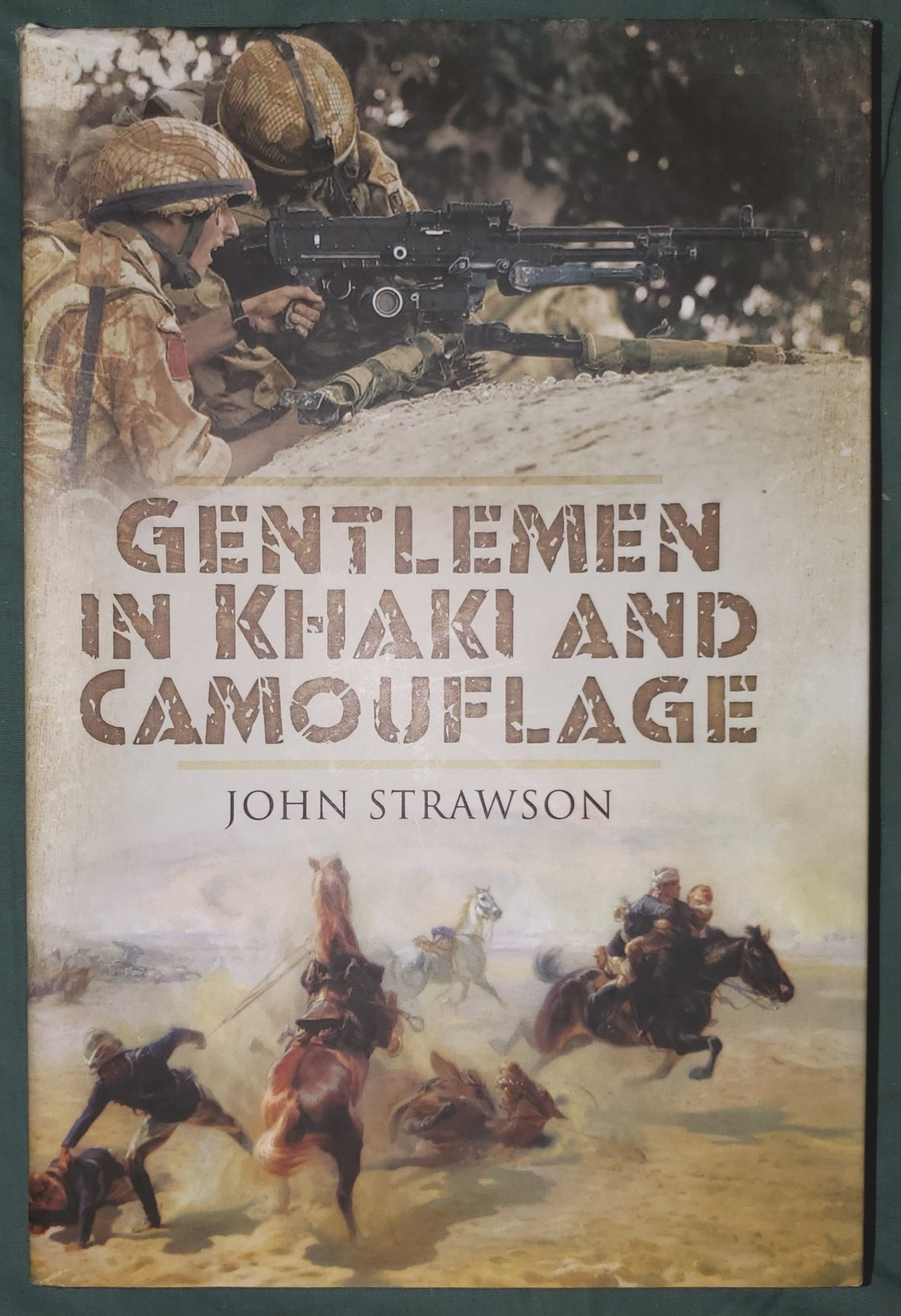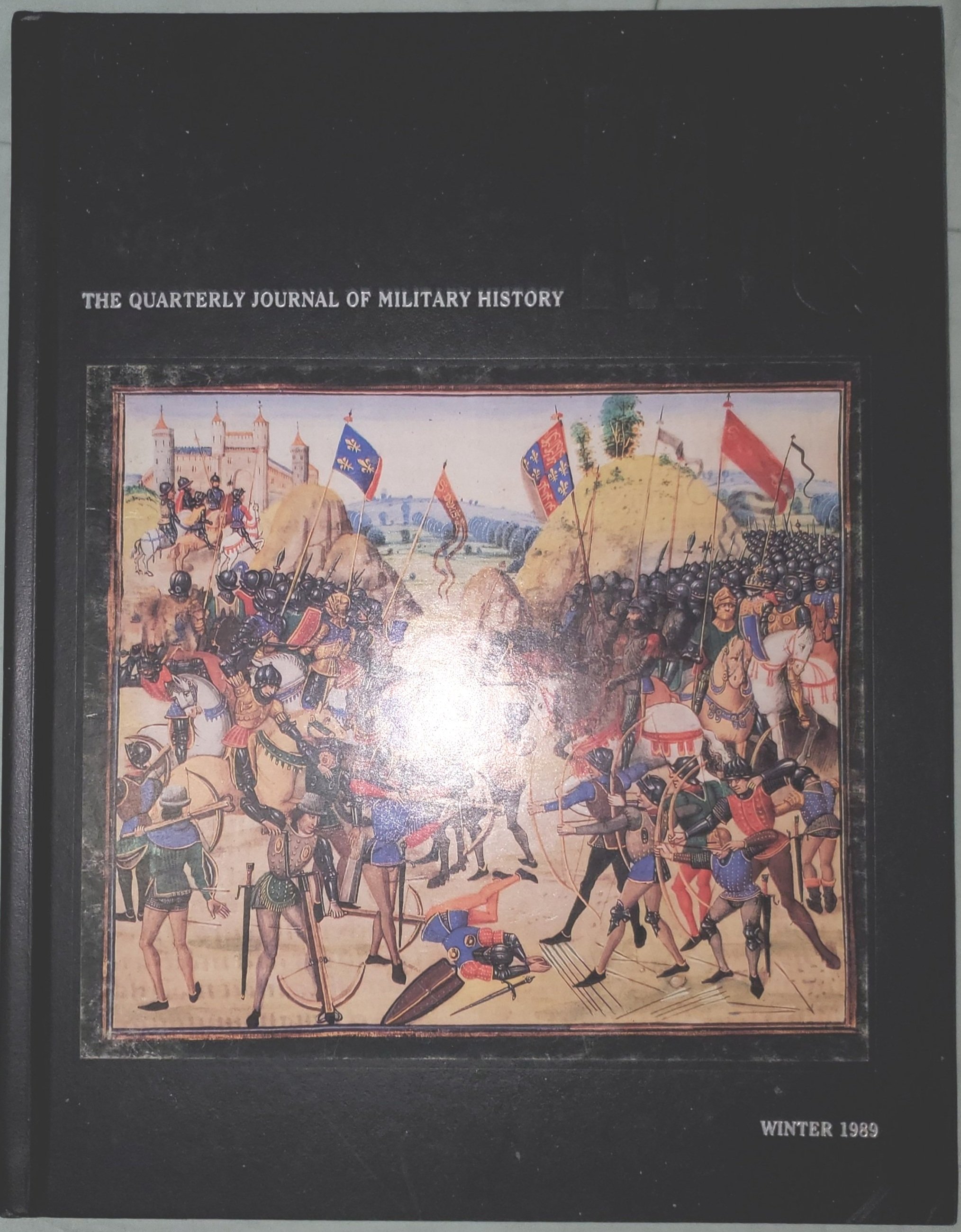 Image 1 of 1
Image 1 of 1


The Art of War in the Western World
Author - Archer Jones
Year published - 1989
Published by - Oxford University Press
Book Format - Soft Cover
Genre - General Military History
Summary
This highly acclaimed volume--the magnum opus of one of America's most respected military historians--presents a broad-spectrum history of warfare in the Western world from ancient times to the latter half of the twentieth century. Archer Jones begins his story 2,500 years ago, when the Greeks and Macedonians first supplemented their spears with missiles--slings, arrows, and javelins--and carries it to our time, when missiles have become the ultimate weapon. He argues that, while weaponry may have increased a thousandfold since the Spartans battled the Thebans in the fourth century B.C., military strategy has in some ways changed very little. Concentrating on recurring themes in tactics and strategy, he depicts the outcome of battles, campaigns, and wars in order to demonstrate the continuity in strategy over time. Two themes--continuity and change--give unity to the book and make the remote past useful for understanding recent events. Providing a thorough description of the Israeli-Egyptian War of 1973, for example, Jones demonstrates how tactics and strategy sometimes paralleled those employed by Caesar at Ilerda and by the Germans in their 1940 defeat of France. Throughout, he offers thorough treatments of subjects such as guerrilla warfare, introduced in the first chapter when used against Alexander the Great, as well as of major topics such as how centuries of change culminated in World War II. The Art of War in the Western World will stand for years to come as the standard work on how men conduct war.
Notes - Wear and tear on cover
Author - Archer Jones
Year published - 1989
Published by - Oxford University Press
Book Format - Soft Cover
Genre - General Military History
Summary
This highly acclaimed volume--the magnum opus of one of America's most respected military historians--presents a broad-spectrum history of warfare in the Western world from ancient times to the latter half of the twentieth century. Archer Jones begins his story 2,500 years ago, when the Greeks and Macedonians first supplemented their spears with missiles--slings, arrows, and javelins--and carries it to our time, when missiles have become the ultimate weapon. He argues that, while weaponry may have increased a thousandfold since the Spartans battled the Thebans in the fourth century B.C., military strategy has in some ways changed very little. Concentrating on recurring themes in tactics and strategy, he depicts the outcome of battles, campaigns, and wars in order to demonstrate the continuity in strategy over time. Two themes--continuity and change--give unity to the book and make the remote past useful for understanding recent events. Providing a thorough description of the Israeli-Egyptian War of 1973, for example, Jones demonstrates how tactics and strategy sometimes paralleled those employed by Caesar at Ilerda and by the Germans in their 1940 defeat of France. Throughout, he offers thorough treatments of subjects such as guerrilla warfare, introduced in the first chapter when used against Alexander the Great, as well as of major topics such as how centuries of change culminated in World War II. The Art of War in the Western World will stand for years to come as the standard work on how men conduct war.
Notes - Wear and tear on cover





